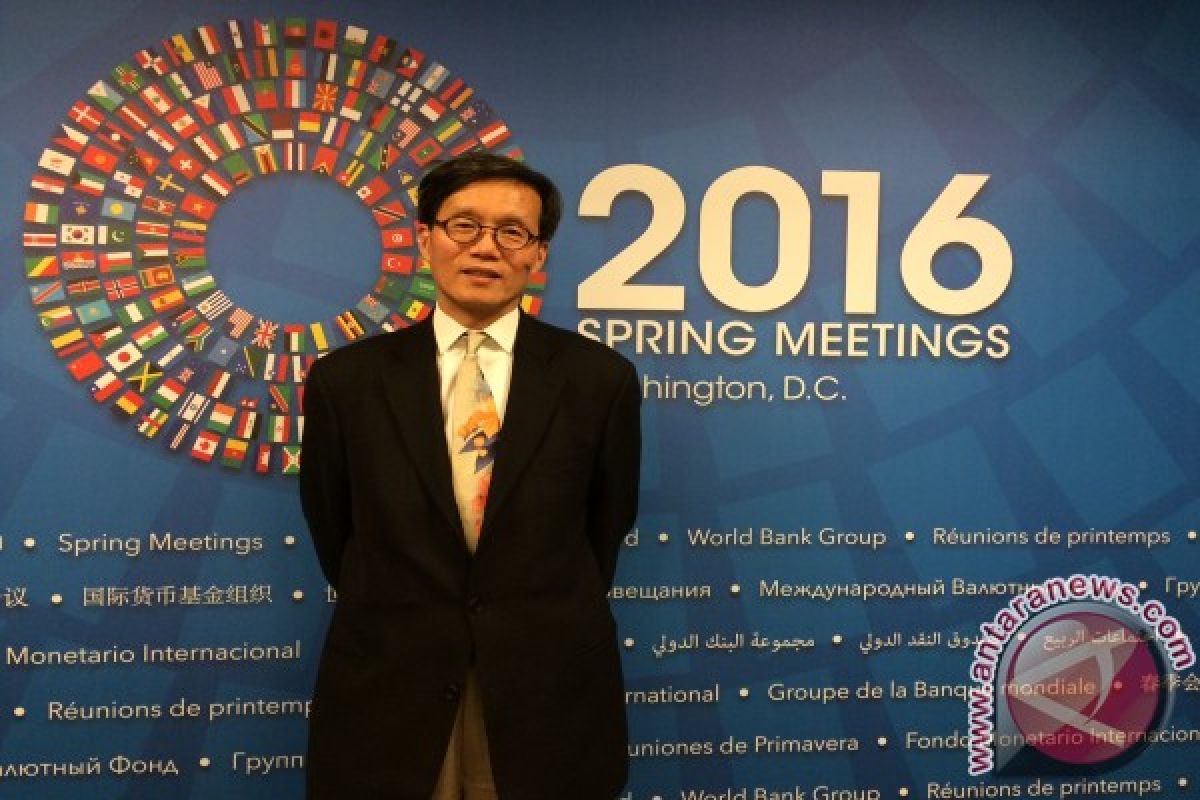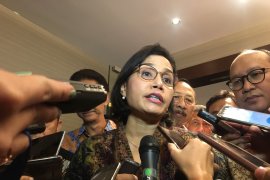"If people feel it is not fair, they will try to avoid the tax more, which means lower tax revenue. So, having the fair and transparent tax laws and more effective tax collection system is a must"Washington DC (ANTARA News) - Indonesia requires more long-lasting revenue sources than a tax amnesty, even though it can contribute funds to the budget, International Monetary Fund (IMF) Director of Asia and Pacific Department Changyong Rhee said.
The Indonesian governments plan to regulate a tax amnesty law can improve the lack of capital inflows, but it cannot be a permanent solution, Rhee explained in an interview with the Antara journalist during an IMF-World Bank Spring Meeting in Washington DC Thursday evening.
The Indonesian government is planning to pass the tax amnesty bill into law by the end of April in order to boost revenue from the tax sector, in which those who have tax debts and deposit their money abroad are believed reached trillions of rupiah.
The government has targeted tax amnesty to provide additional tax revenues of Rp175 trillion (US$13.4 billion).
"I think tax amnesty can contribute to providing an opportunity to improve transparency, but in terms of mobilizing revenues, tax amnesty is a one-shot event and its impact may not last longer," Rhee said.
The country needs to have a fair and transparent financial system which will allow sustainable tax collection from the people, according to Rhee.
Sustainable tax collection will allow the government to have more long-term revenue to meet the increasing needs for inclusive growth through social and infrastructure investment.
In order to have more sustainable and long-term revenue from the tax sector, Rhee suggested that the government must provide transparency in the tax collections administration.
"If people feel it is not fair, they will try to avoid the tax more, which means lower tax revenue. So, having the fair and transparent tax laws and more effective tax collection system is a must," he noted.
Hence, instead of focusing on the short-term revenue like a tax amnesty, the government needs to invest more on technology development to enhance efficiency and transparency of tax collection.
The IMF is well-positioned to provide the technical support for the 188 member countries to improve the effectiveness and transparency of the tax administration system, Rhee also pointed out.
"Actually, Minister Bambang (Indonesian Minister of Finance Bambang Brodjonegoro) made it clear that tax mobilization is one of the priorities and has been leading policy efforts to achieve that goal," he said.
Rhee added that the IMF has been working closely with the Indonesian authorities to enhance tax administration in Indonesia.(*)
Reporter: Azizah Fitriyanti
Editor: Fardah Assegaf
Copyright © ANTARA 2016







